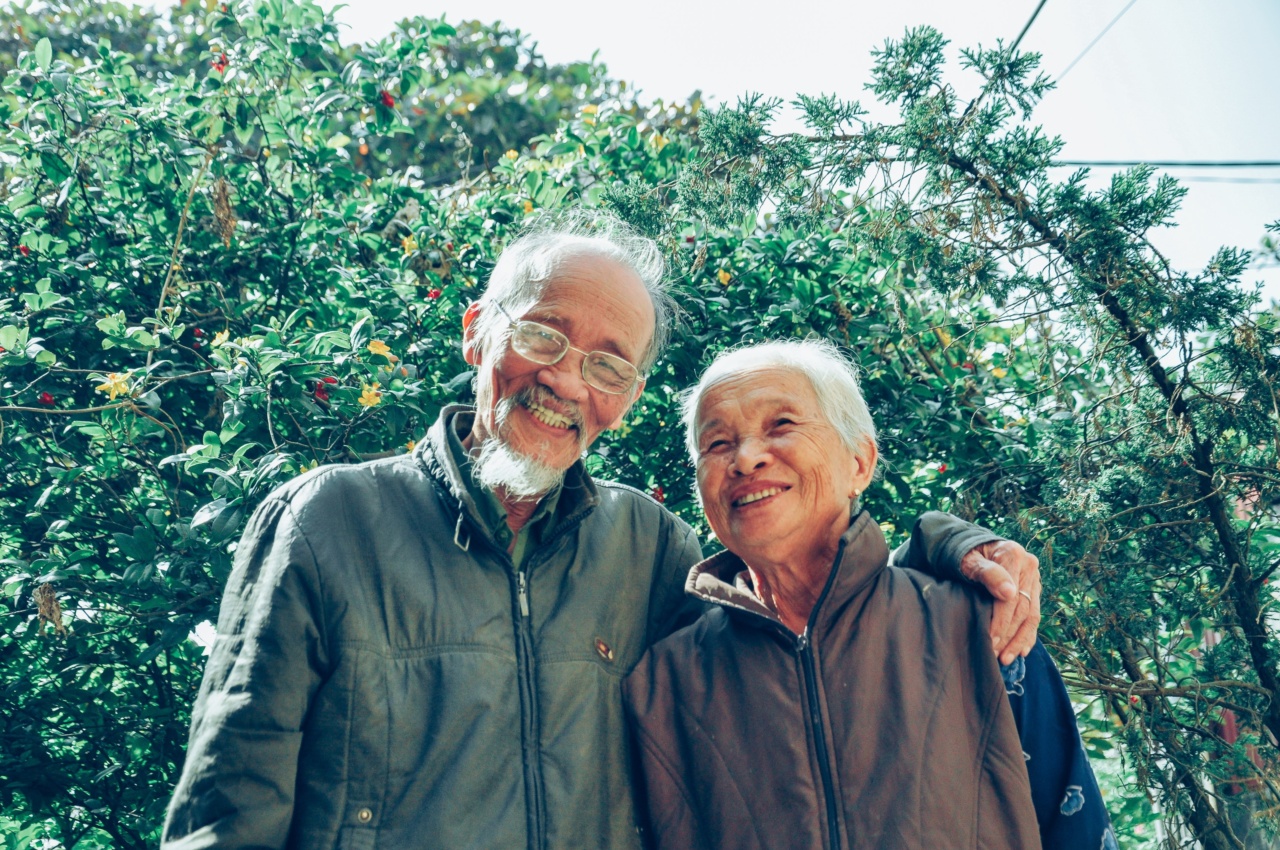Have you ever met someone who seemed much older than their actual age? Perhaps they had wrinkles, graying hair, or a general air of wisdom beyond their years.
While genetics and life experiences can certainly play a role in how we age, there are also other factors that can make someone appear older than they really are. Here are some of the common reasons why:.
Lifestyle habits
One of the biggest culprits of premature aging is a poor lifestyle. Smoking, excessive drinking, and a lack of exercise can all take a toll on the body, causing wrinkles, age spots, and other signs of aging.
Additionally, a diet high in processed foods and sugar can accelerate aging as well. It’s important to take care of your body through healthy lifestyle habits in order to look and feel your best.
Stress
Stress is another major factor that can make someone appear older than their age. When we experience chronic stress, our bodies produce more cortisol, a hormone that can break down collagen and elastin in the skin.
Collagen and elastin are important fibers that keep our skin looking firm and youthful. When they break down, we’re left with sagging skin, wrinkles, and other signs of aging. To combat stress, try practicing relaxation techniques like deep breathing, meditation, or yoga.
Genetics
While lifestyle habits and stress can certainly contribute to premature aging, genetics also play a role. Some people may be predisposed to certain aging traits, like thinning hair or wrinkles around the eyes.
Just because someone has a certain genetic makeup doesn’t mean they’re destined to age prematurely, however. By taking care of their body through healthy habits, they can still look and feel their best.
Environmental factors
The environment we live in can also influence how quickly we age. Exposure to pollution, UV radiation, and other toxins can damage our skin and accelerate aging.
Additionally, frequent exposure to harsh chemicals, like those found in cleaning supplies or hair products, can also contribute to aging. To protect yourself from environmental aging factors, wear a sunscreen with at least SPF 30 when you’re outside and try to limit exposure to chemicals whenever possible.
Poor sleep habits
Getting enough sleep is crucial for our overall health, but it’s also important for our appearance.
When we don’t get enough sleep, our bodies produce more cortisol, which, as we’ve already discussed, can break down collagen and elastin and cause premature aging. Additionally, lack of sleep can lead to puffiness and dark circles under the eyes, making us look tired and older than we really are. Aim for at least 7-8 hours of sleep each night to look and feel your best.
Sun exposure
The sun can be both our friend and our enemy when it comes to aging. When we’re exposed to the sun’s rays, our bodies produce vitamin D, which is important for our overall health.
However, too much sun can also cause sun damage, which can lead to premature aging. To protect yourself from the sun, wear a sunscreen with at least SPF 30 and try to avoid being outside during peak UV hours (typically 10am-4pm).
Emotional experiences
Finally, our emotional experiences can also contribute to how we age. Chronic stress and negative emotions can cause our bodies to age more quickly than they otherwise would. Additionally, happy experiences can actually have the opposite effect.
When we experience joy and positivity, our bodies release hormones like oxytocin and endorphins, which can help protect us from aging. By focusing on positive emotions and experiences, we can keep ourselves looking and feeling younger.
Conclusion
There are many different factors that can make someone appear older than their actual age.
By taking care of our bodies through healthy lifestyle habits, protecting ourselves from environmental factors, and focusing on positive emotions and experiences, we can look and feel our best at any age.






























